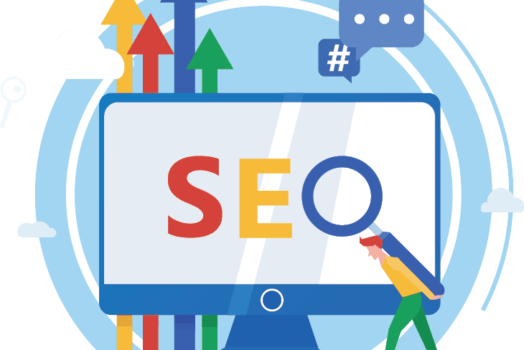You could compare this to the chicken and the egg conundrum – which one came first?! In this instance, the answer is obvious. The new customer will hopefully one day lead to being a loyal existing customer – and any sales advisor will tell you that loyal customers are where the money is at. In fact, numerous studies explore loyal customers and their worth to a business, and one found that if a company can improve their customer retention rates by 5%, profit will increase by up to 75%. Many claim it can increase by as much as up to 95%.
On the other hand, you have new customers that are essential to any business. And, SEMrush found that 44% of brands focus on acquisition in comparison to a mere 18% that focus on retention. That begs the question, is acquisition more crucial than retention? Let’s explore.

New Customers
From a business point of view, new customers are the first thing that matters. New business, for example, can’t survive without new customers – so from that point of view, you could argue that new customers are the most important. The only downfall is the tactics used to bring in new customers – and that’s new customer discounts. Yes, they are the most tried and tested method.
However, think of the logic, you’re harming profits. If you put on a 10% discount, you would have to sell 50% more units to cover the loss if you want to earn the same profit. That means you have to work twice as hard.
And, studies show that customer acquisition can potentially cost up to seven times more than retention. Yet, 44% of marketers focus on customer acquisition, and under 20% focus on retention. Again, this circles back to the fact that new customers lead to existing and more profitable customers.
Loyal Customers
You could argue that existing customers are the most essential because they are the ones that bring home the bacon. Loyal customers that have an emotional connection — shopping is actually all about psychology and emotions — to a brand are far more likely to spend more money. Throw in a b2b incentive program that makes purchases more meaningful, and you have a customer who will spend more frequently with you.
That’s why a b2b customer loyalty program like this one https://www.incentivesmart.com/customer-loyalty is going to make you their preferred company. After all, we already know how much they appeal to consumers. One study found that 80% of millennial shoppers and 75% of baby boomer shoppers prefer to shop with brands that reward them for their engagement. Perhaps related to that, and interestingly, 95% of members signed up to a loyalty program want to access them using virtual reality and wearable devices. Taking that into account and accommodating shopping habits can make your retention efforts more successful.
A b2b customer loyalty program works – and there are other things you can do as well. Simple tactics such as increased communication can help retain customers. An email here and there keeps your business in their mind.
Also Read – Drawing in Customers Through Social Media
How To Find The Sweet Spot
The sweet spot between the two depends on the position of your business at the time. Brands that need more new customers should focus on acquisition but also on how to retain them during the onboarding process. Perhaps rather than offering each new customer a discount, offer them a reward and sign them up to your b2b rewards program. Send regular emails with updates on the rewards customers may be able to receive, and you’ll increase your chances of them spending again.
Amongst all this, there must be a focus on the quality of the products you’re selling. 74% of brands agree they’re only loyal to a business partnership because of the quality of the products or service. Arguably, you can’t have new or existing customers without a great product or service.
After divulging all that information, do you believe new or existing customers are the most important? Although not an official answer, you might agree that one isn’t more important than the other. Both are essential to a successful B2B business – the challenge lies with finding the balance of focusing on acquisition and retention.



